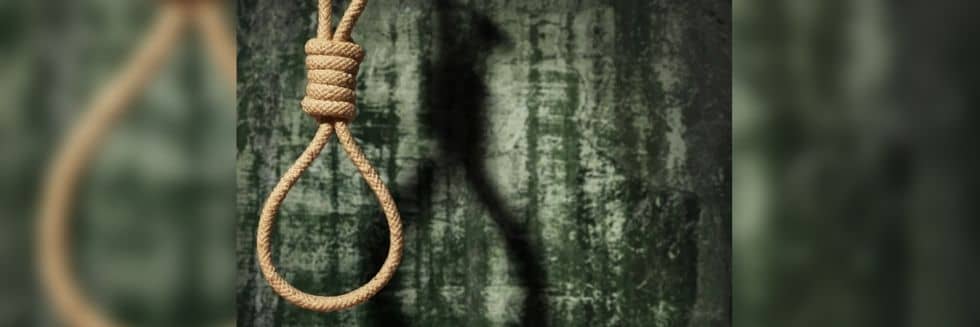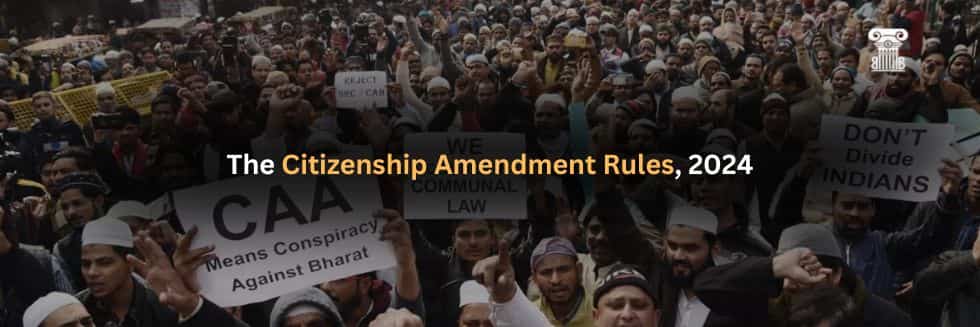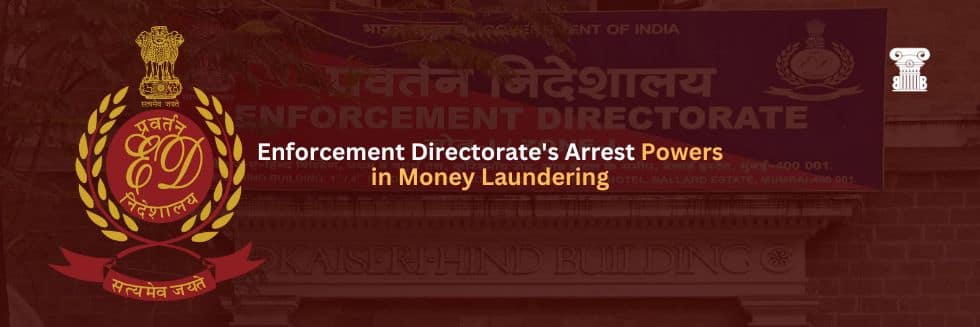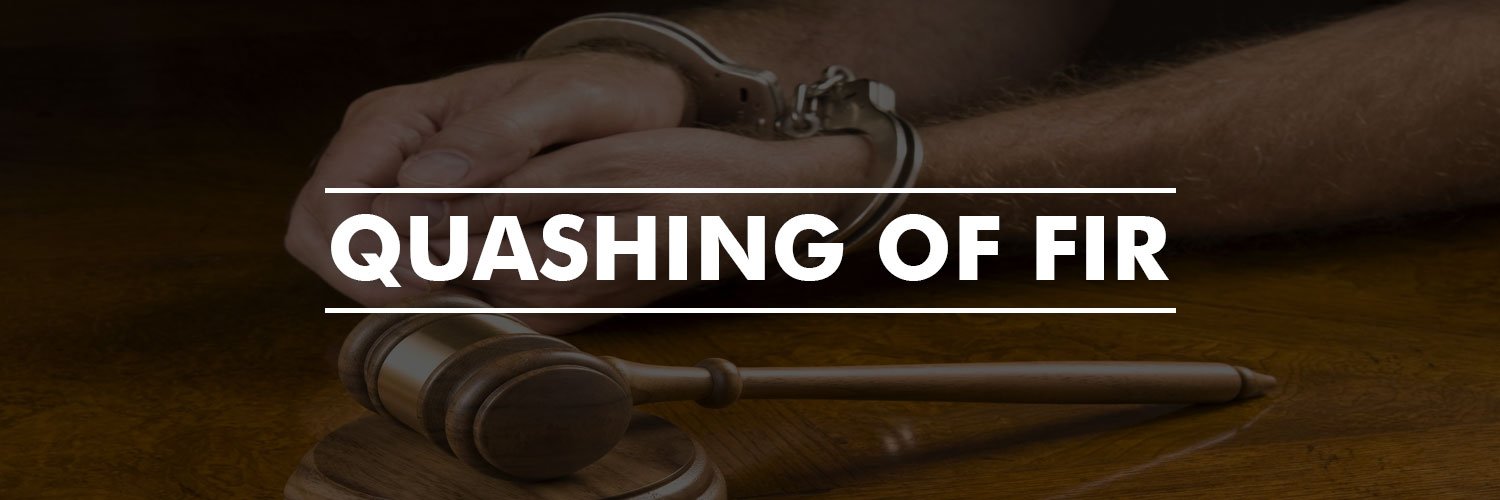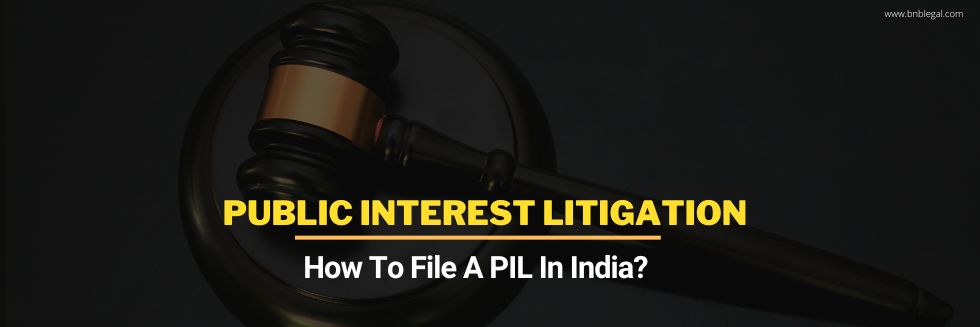The custom of breaking the nib after awarding a death sentence has been followed by Indian judges since British Rule. Many of you might have wondered why do judges break nib of pen.
Breaking a nib is not a law, instead, it is a symbolic act. It is not mentioned in IPC, CrPC, or Evidence Act that a judge has to break the nib of the pen after awarding a death penalty.
Different Theories Behind Breaking The Nib After Death Sentence
- Once written or signed, the judges have no power to review or revoke the judgment. So the nib is broken so that the judge may not think of reviewing his own judgment.
- The practice is symbolic of a belief that a pen that is used to take away a person’s life should not be used ever again for other purposes. It is claimed that the pen has tasted the blood, thus, it needs to be broken so that it doesn’t take another life.
- Another theory that backs the breaking of nib after a death sentence is that the judges who award the death sentence wanted to keep themselves at a distance from the judgement and guilt for the same.
- Another reason stated that the judge should not be unhappy with the decision to execute the culprit and have no remorse at all. So he breaks the pen’s nib after the death sentence announcement and makes it unusable, so the decision does not memorize him.
Rarest of Rare
Is capital punishment legal in India? Yes, it is legal but death sentence in India should only be awarded in the rarest of rare cases as said by Supreme Court in 1980 Bachan Singh judgment.
A death sentence, in principle, is a last resort action in dealing with extremely antisocial acts that cannot be resolved in any other way. Keep scrolling to explore all you need to know about death penalty in India.
What Crimes Are Punishable by Death In India
The judicial attitude towards capital punishment in India depends upon the nature of the crime. The Law Commission of India in 2015 recommended to abolition of death penalty in India. But many opposed it as it is the ultimate form of punishment in the most heinous crimes and the ‘rarest of the rare’ cases. Here is the list of what crimes cause death penalty.
- Aggravated murder,
- Other offences resulting in death,
- Terrorism-related crimes resulting in death,
- Terrorism-related cases not resulting in death,
- Rape not resulting in death,
- Kidnapping not resulting in death,
- Drug trafficking not resulting in death,
- Treason,
- Espionage, and
- Military offenses not resulting in death.
Should capital punishment be abolished in India?
Modes of Death Penalty
There are two modes or types of capital punishment in India which includes
- Hanging
- Shooting(under 1950 Army Act)
Exceptions — Offenders Excluded From Capital Punishment
Who is exempt from the death penalty? Exceptions are always there and same applies to the death sentence in India.
Minor- Those under 18 can be sentenced to a maximum of three years in a reform facility but are not executed.
Pregnant Woman- Section 416 of the CrPC says if a woman sentenced to death is found to be pregnant, the high court shall order the execution of the sentence to be postponed and may, if it thinks fit, commute the sentence to imprisonment for life. So, there is no specific exception for the capital punishment for woman in India but pregnant woman are exempted from the death penalty.
(Who is the first woman hanged in India — Shabnam Ali)
Intellectually Disabled- The law does not hold offenders with mental illness accountable for any of the offences. The rule further extends to death penalty as well, i.e. persons who are insane and declared so by a competent court, cannot be given the death penalty
Capital Punishment Process
Trial Court will complete the proceedings and announce the ruling under Section 235 of CrPC. The court must record the special reason behind the death sentence under Section 354(3) of CrPC.
- Confirmation by High Court under Section 368 of CrPC
- Special Leave Petition can be filed under Article 136 of the Constitution and under Section 379 of the Cr.P.C.
- Review and reopening of a review can be sought with a petition under Article 137 of the Constitution before the Supreme Court within thirty days from the date of such judgment.
- Curative petition can be filed after a review plea against the final conviction is dismissed to prevent abuse of legal process and to cure gross miscarriage of justice.
Capital punishment convict can move mercy petition before President of India or governor, who has the power to grant pardons and to suspend, remit or commute sentences in certain cases under Article 72 and Article 161 of the Constitution
Death Warrant or Black Warrant
If a sessions court issues a death warrant before the end of the judicial and administrative process, it would amount to a serious violation of the law as defined in the Supreme Court in Shabnam v. Union of India judgment. The Supreme Court guidelines reads that principles of natural justice have to be there in the death warrant and the convict should be allowed to exhaust all the legal remedies available such as appeal, review, and mercy petitions
Form No. 42 in the Second Schedule of the Code of Criminal Procedure, 1973 contains the form of the “death warrant” or “black warrant”.
What Does the Executioner Say Before Hanging the Criminal?
Before the executioner pulls the lever, he asks for forgiveness from the death sentence convict. If the criminal is a Hindu, the executioner says ‘Ram-Ram’ and if the person is a Muslim, the executioner says ‘Salam’ in their ear.
“What can we do, my hands are tied with duties,” the executioner adds.
The presence of four people — a Jail Superintendent, an Executive Magistrate, an executioner and a doctor, is mandatory. The execution cannot be done in their absence.
This article is written by Varsha. You can reach out to the author via email at bnbvarsha@gmail.com.
